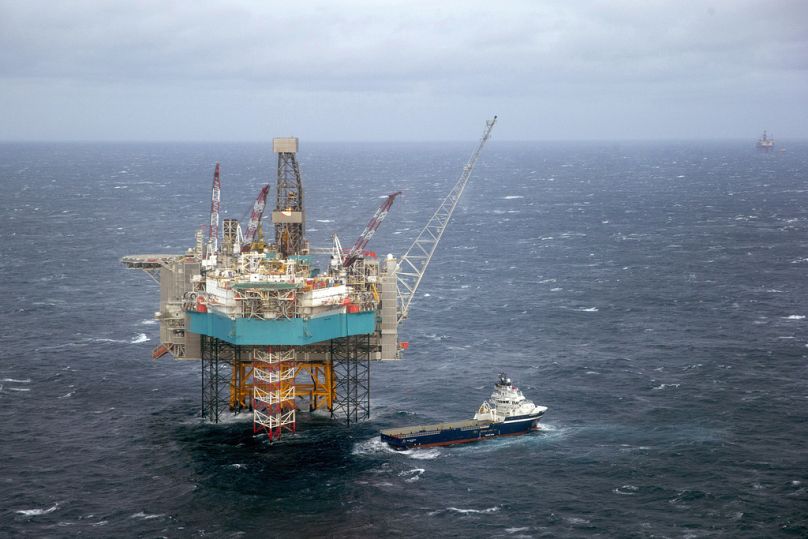Over and above the environmental risks and the precedent such a decision would set, exploiting the seabed is by no means a good economic deal, MEPs MEP Pascal Canfin and Catherine Chabaud write.
Has Norway paved the way for deep-seabed mining following the Storting's vote on 9 January? The opening up 281,000 square kilometres (the equivalent of half of France's land area) to mineral prospecting, with a view to future exploitation, raises numerous concerns, such as the environmental impact on these unique ecosystems that are still so poorly understood.
We would like to express, on behalf of the European Parliament, our deep concern to Norwegian decision-makers and citizens about this decision, which comes at a time when an increasing number of countries, scientists, associations, as well as manufacturers such as Volvo, Northvolt and Samsung, are calling for a moratorium on seabed mining, or, like Equinor, a precautionary approach.
The Norwegian Environmental Agency — the government body in charge of Strategic Environmental Impact Assessments — has deemed the environmental impact assessment insufficient to open both for exploration and exploitation.
Moreover, the scientific community worldwide has stated that knowledge and technology are not sufficiently advanced to ensure "sustainable" extraction of minerals from the seabed.
Precautionary principle to lead Norway to rethink its decision
The Arctic region targeted by Norway is home to exceptional biodiversity and plays a crucial role in climate regulation.
It is covered by a legal framework that Norway could breach: the OSPAR Convention for the Protection of the Marine Environment of the North-East Atlantic.
What is more, the Svalbard Treaty guarantees equal access to this region, which includes fishing quotas for European vessels, quotas that could be called into question just as much as Norway's compliance with this treaty.
Similarly, the compatibility of the Norwegian decision with the new United Nations treaty on the High Seas (BBNJ treaty), which requires environmental impact assessments for activities that could have an impact on biodiversity on the high seas, must also be questioned.
For all these reasons, the European Parliament has just adopted on 7 February, by a very large majority, a resolution expressing general concern regarding the Norwegian decision. The precautionary principle should, as we believe, lead Norway to reconsider this opening decision.
Exploration must first and foremost be of a scientific nature and should definitely not be a first step towards industrial exploitation, at a time when an international mining code is being negotiated by the International Seabed Authority and when these seabed ecosystems are, for the most part, still unknown.
Why do it if you can't sell it?
And let's make no mistake: yes, the European Union is transforming its economy, which means massive electrification, and yes, we will need cobalt, copper and lithium.
However, we have already decided not to import just any old way. Our legislation adopted in July 2023 on batteries incorporates carbon emissions linked to the extraction of minerals to decide whether or not a battery can be placed on the European market.
At the same time, we are already looking into the possibility of making access to the European market conditional on environmental criteria for transition minerals as part of the new law on critical raw materials.
In other words, products derived from Norwegian seabed mining have no guarantee of ever being sold on the European market.
Over and above the environmental risks and the precedent such a decision would set, exploiting the seabed is by no means a good economic deal.
The Kingdom of Norway has international leadership. This law clearly undermines it.
Pascal Canfin (Liste Renaissance/Renew) is a Member of the European Parliament (MEP) and Chair of the European Parliament Committee on the Environment, and Catherine Chabaud (Mouvement Démocrate/Renew) is a sailor and Member of the European Parliament (MEP).
At Euronews, we believe all views matter. Contact us at view@euronews.com to send pitches or submissions and be part of the conversation.












